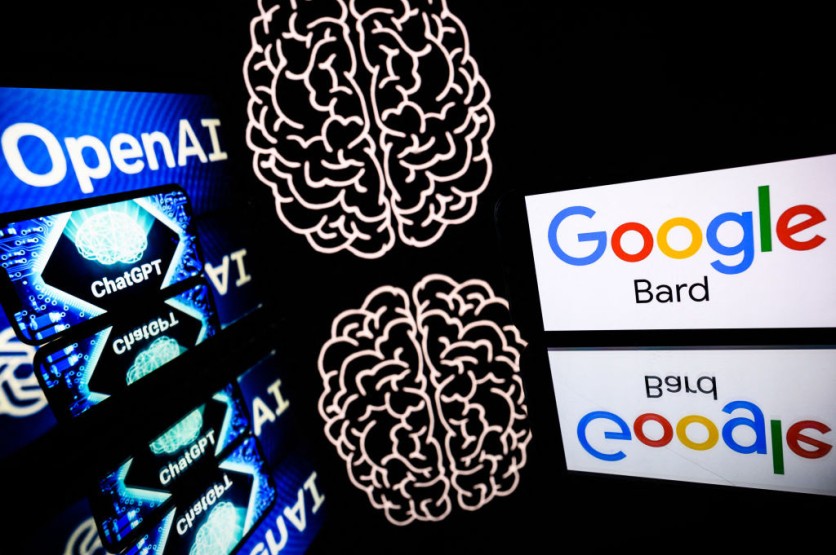MIT physicist Max Tegmark, a co-founder of the Future of Life Institute, penned an open letter in March advocating for a six-month halt in the development of advanced AI systems.
This letter gained traction and garnered support from over 30,000 signatories, including notable figures like Elon Musk and Steve Wozniak. However, Tegmark acknowledged that the intense competition in the tech industry prevented any significant pause in AI progress, The Guardian reported.

Fierce AI Competition
Tegmark noted that while many corporate leaders privately supported the idea of a pause, they felt compelled to continue due to the fierce race between companies.
Tegmark highlighted the challenges in achieving a collective pause, as no single company wanted to slow down development independently. The letter's central concern was the potential emergence of minds beyond human comprehension and control.
It urged governments to step in if a consensus on pausing the development of systems more potent than GPT-4 could not be reached among leading AI companies like Google, OpenAI, and Microsoft.
Reflecting on the impact of the letter, Tegmark asserted that it exceeded his expectations. It triggered a significant shift in public discourse and political attention towards AI safety.
The Massachusetts-based physicist pointed to events like US Senate hearings with tech leaders and a global AI safety summit convened by the UK government as indicators of this awakening. He emphasized that the letter liberated discussions about AI concerns, turning them from a taboo subject to a mainstream viewpoint.
The subsequent statement from the Center for AI Safety, supported by numerous tech experts and academics, further emphasized AI as a societal risk comparable to pandemics and nuclear threats.
Tegmark stressed that apprehensions regarding AI span immediate issues like deepfake videos and disinformation to more profound existential risks posed by super-intelligent, uncontrollable AIs.
He cautioned against dismissing the development of highly advanced AI as a distant concern, as some experts believe it could materialize in just a few years.
Three Key Goals for the UK AI Safety Summit
Looking ahead to the UK AI safety summit scheduled at Bletchley Park in November, Tegmark expressed enthusiasm.
His think tank outlined three critical goals for the summit: Establishing a shared understanding of AI risks, acknowledging the need for a unified global response, and recognizing the necessity for prompt government intervention.
He maintained that a pause in development remains essential until universally agreed safety standards are met. According to Tegmark, determining these standards will naturally lead to a halt in AI advancement.
He also called on governments to take action regarding open-source AI models, cautioning against making potentially dangerous technology freely accessible.
Related Article : Can AI Bots Solve CAPTCHA Tests Faster and More Accurately Than Humans? Researchers Reveal the Surprising Answer

ⓒ 2025 TECHTIMES.com All rights reserved. Do not reproduce without permission.




